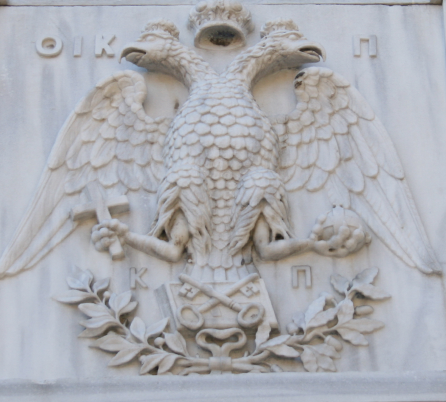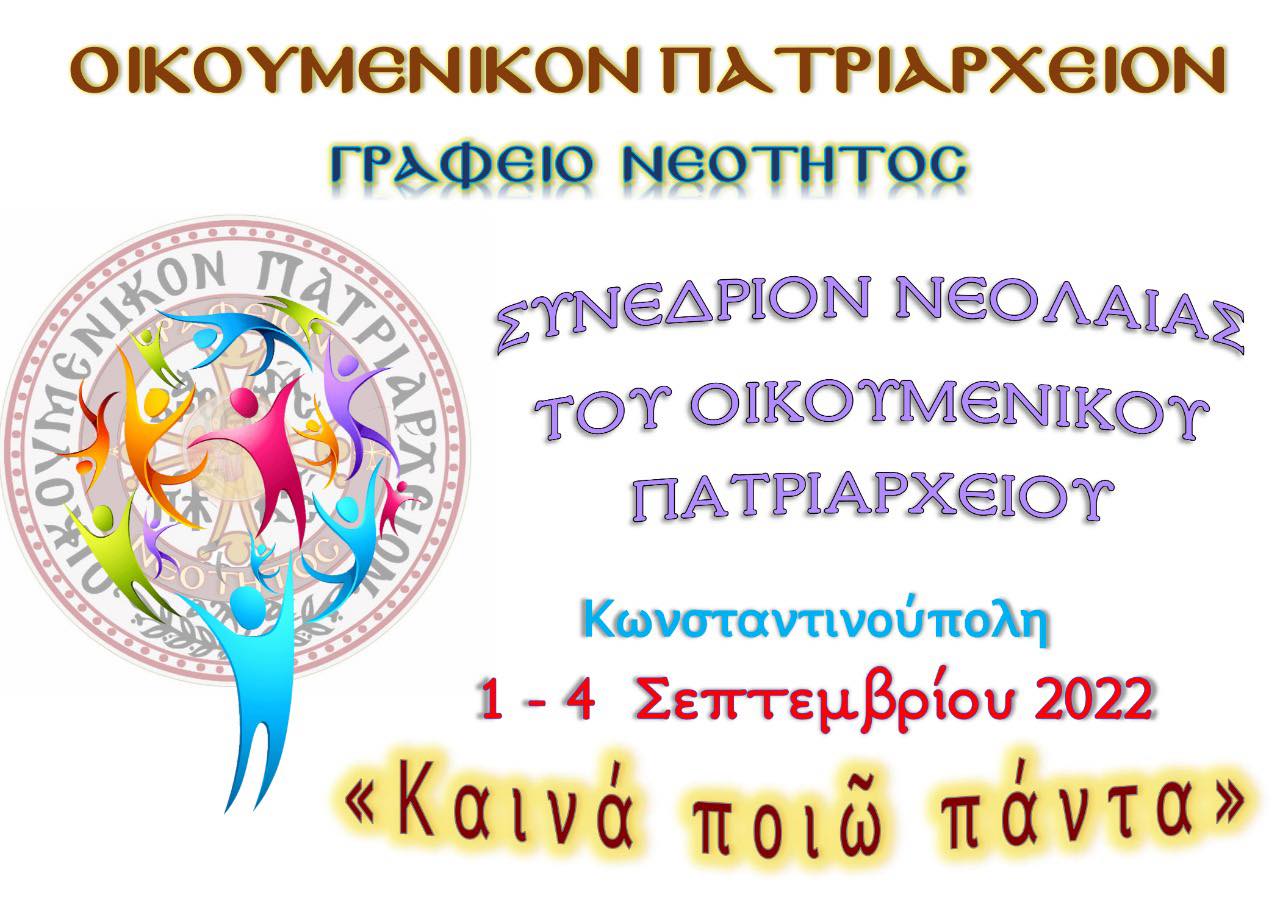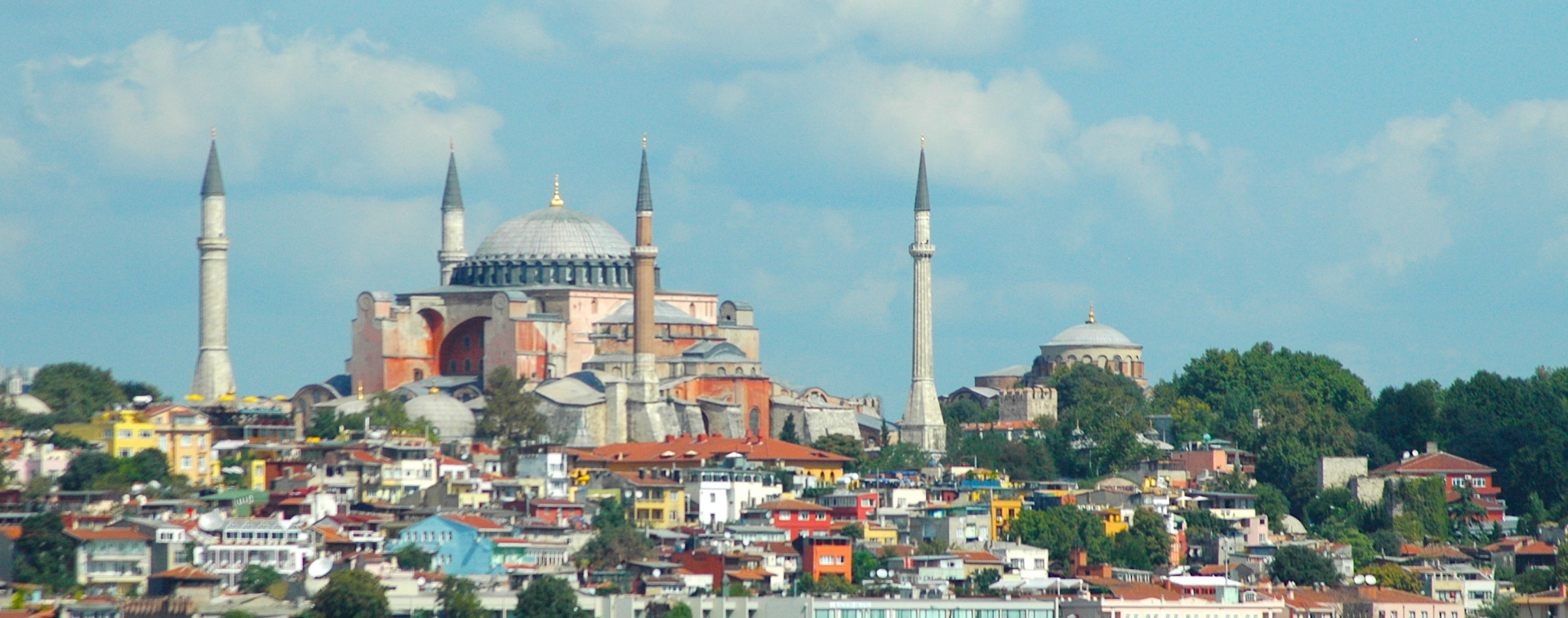







δι᾿ ημάς, είναι το «Συνεχίζομεν».
Συνεχίζομεν, διότι ο φιλάνθρωπος Θεός,
ο «αεί μεθ᾿ ημών», μας έταξε να φυλάσσωμεν εδώ,
εις την Πόλιν του Κωνσταντίνου,
τον τόπον και τον τρόπον του βίου του Γένους”
Οικουμενικός Πατριάρχης Βαρθολομαίος
Δελτία Τύπου και Ανακοινώσεις
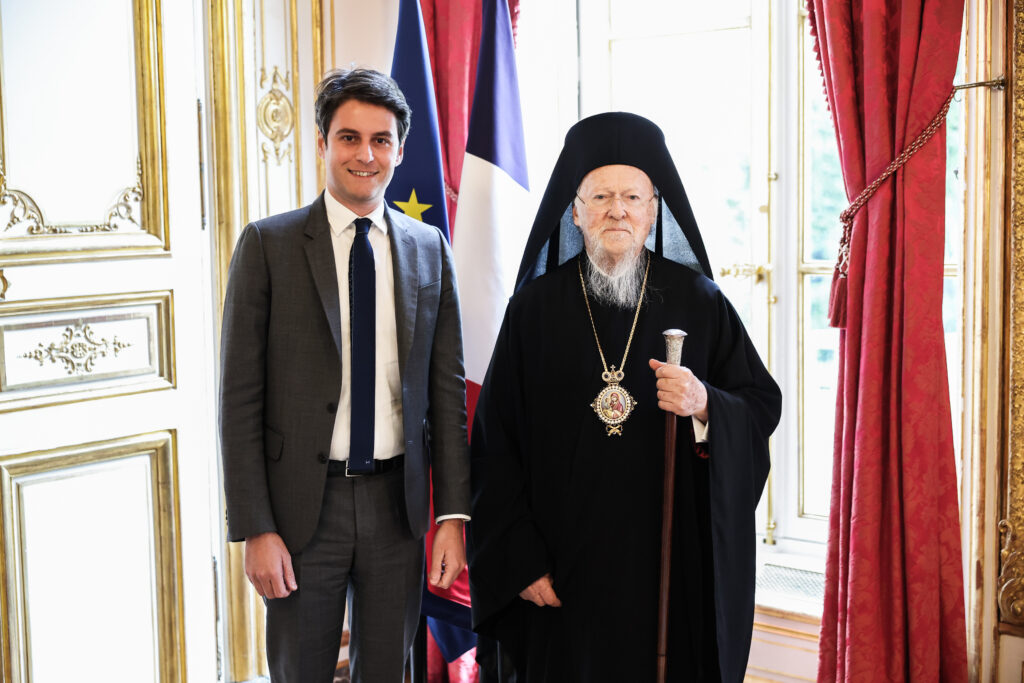 23.04.2024Ο Οικουμενικός Πατριάρχης στον Πρωθυπουργό της Γαλλίας Posted in: Δελτία Τύπου H Α.Θ. Παναγιότης ο Οικουμενικός Πατριάρχης κ.κ. Βαρθολομαίος, το απόγευμα της Δευτέρας, 22 Απριλίου 2024, έγινε δεκτός με κάθε επισημότητα… Περισσότερα
23.04.2024Ο Οικουμενικός Πατριάρχης στον Πρωθυπουργό της Γαλλίας Posted in: Δελτία Τύπου H Α.Θ. Παναγιότης ο Οικουμενικός Πατριάρχης κ.κ. Βαρθολομαίος, το απόγευμα της Δευτέρας, 22 Απριλίου 2024, έγινε δεκτός με κάθε επισημότητα… Περισσότερα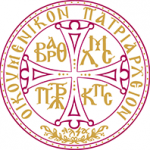 20.04.2024Ετήσιο μνημόσυνο μακαριστού Μητροπολίτου Γέροντος Νικομηδείας κυρού Ιωακείμ Posted in: Δελτία Τύπου
20.04.2024Ετήσιο μνημόσυνο μακαριστού Μητροπολίτου Γέροντος Νικομηδείας κυρού Ιωακείμ Posted in: Δελτία Τύπου
